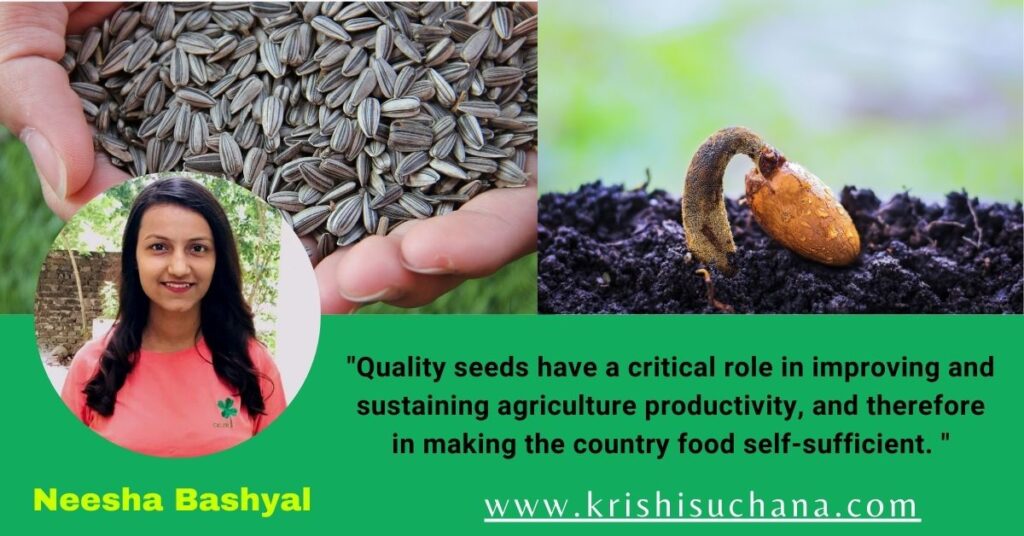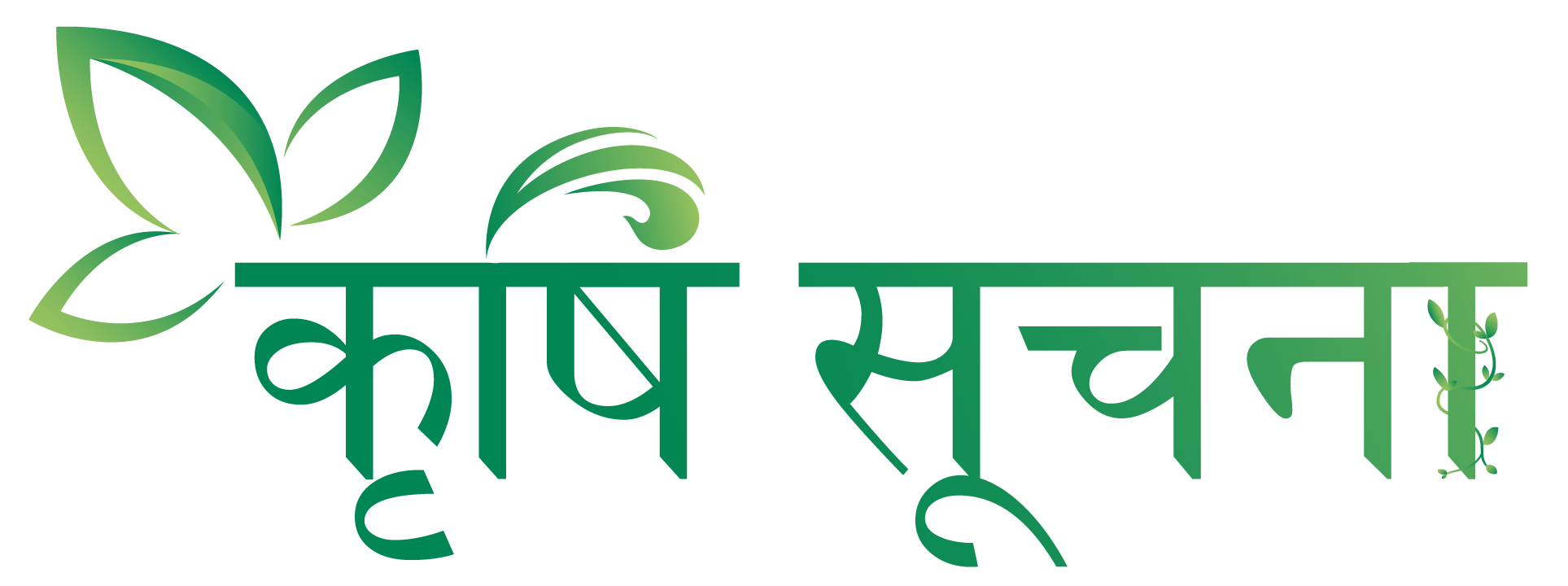Importance of Quality Seeds in Food Security & Self-sufficiency

Introduction
Seed is the fertilized, matured ovule of a flowering plant, containing an embryo or rudimentary plant. Similarly, quality seeds can be defined as varietally pure with a high germination percentage, free from diseases and disease organisms, and with a proper moisture content and weight. Quality seeds, as a vital agricultural inputs are critical to the development of resilient agricultural sectors and food systems that support food security and nutrition, as well as the livelihoods of farmers.
Food Security and Food Self-Sufficiency:
Food security is defined as “the access for all people at all times to enough food for a healthy, active life” (FAO, 1996). Food Self-Sufficiency on the other hand, is described as the ability to meet the consumption needs (especially for staple food crops) by self-production rather than purchasing or importing.
Quality Seeds in attaining Food Security and Food Self-Sufficiency:
Quality seeds have a critical role in improving and sustaining agriculture productivity, and therefore in making country food self-sufficient. Farmers must have access to verified quality seeds in order to increase the production and productivity. Quality seeds ensure good germination, rapid emergence and vigorous growth which eventually result in higher productivity. Similarity the cost of production decreases with the less chance of insects, pests and disease attack. Also, the use of quality seeds reduce the quantity of seed required by around 25%, allowing farmers to save money and invest in other inputs which indirectly aids in maintaining food security. The plants from quality seeds will grow faster shortening the time from planting to harvesting which allow the farmers to maintain proper crop rotation resulting in increased production throughout the year. Quality seeds have superior crop standard characteristics, and input efficiency may be demonstrated all of which contribute to food security. Uncertified local seeds are of low vigor, have several physiological and pathological defects. If such seeds are used without any adequate inspection or investigation, it will limit output resulting in food insecurity. So, the use of high quality seeds is most vital for ensuring food security.
Despite the numerous efforts to improve the seed systems in developing countries like ours, the countries are still facing many challenges in their seed sector development. The high cost of seed production and processing, the limited reach of mechanization and the poor adaption of conservation agricultural methods are the major issues prevailing in seed systems. Farmers in our country are not getting proper access to quality seeds so they are using the uncertified local seeds which are not productive, genetically pure as compared to the quality seeds which become the main hindrance in the agricultural production and simultaneously the obstruction in food security and food self-sufficiency.
Conclusion:
Summing up, we can conclude that making the country self-reliant on quality seeds or by making farmers accessible with the quality seeds will certainly fulfill the country’s food needs, putting the country into a path of food security and food self-sufficiency. Thus, we must focus on boosting the agricultural productivity in order to attain food security and for which the usage of high quality seed is critical.
Wrter: Neesha Bashyal (Student, Bsg Ag 4th sem IAAS, Paklihawa)

